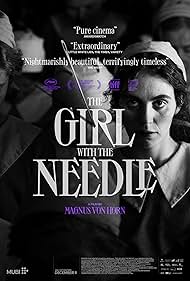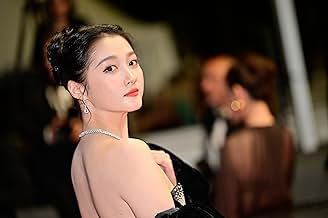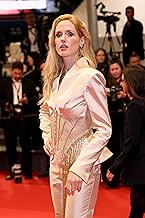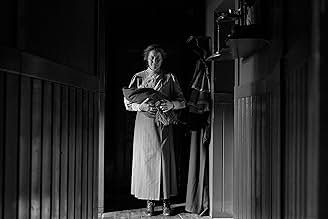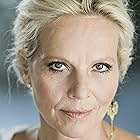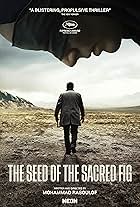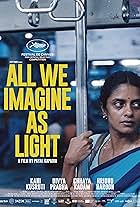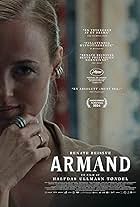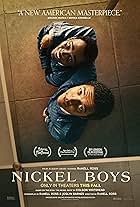Magnus Von Horn's powerful film inspired by true events, beautifully composed in black and white. This Danish-Polish-Swedish co-produced film demonstrate aesthetics definitely from couple of possibly sources from German expressionist to film noir genres.
The story surrounds a young woman, Karoline (played by Victoria Carmen Sonne) who begins a new life in the city, coming from the surges of the World War era or "Great War". Her husband was considered a war casualty thus begins a new romance leading to a unexpected pregnancy.
Not winning approval of the relationship with her wealthy lover's family, she in unknown depression figures to do away with the unborn. She befriends Dagmar (played by Trine Dryholm) and her daughter Erena, decides to continue to birthing a child for "adoption" option.
This storyline with plot twists and tropes goes into complete darkness with murders, drug addition and human trafficking. It was inspired by 1921 serial killer, Dagmar Over by who murdered numerous infants. This film show try show, in some troublesome way in humanizing these crimes, letting the viewer debate on the killer's motivation.
Brilliantly directed with top-tier performances by both Von Somme and Dryholm along with exceptional soundtrack, to create emotional and anticipation tension. It's monochromatic visual are such sights to view the gritty aspects of urban 1920s life, some much dramatic.
Its visceral richness, presents an insight even to subcultures developing at the time from circuses and their side show, showing the "freaks" of nature. It challenges the intimacy of motherhood, somehow showing it underbelly of darkness.
Van Horn's handling of actual event information into a fictional account is truly astonishing, great detail paid to the era's tradition and domestic customs. This film is being marketed as a psychological horror film but it's more of an emotional portrait of human conflict, sparked by a gender political discourse.
